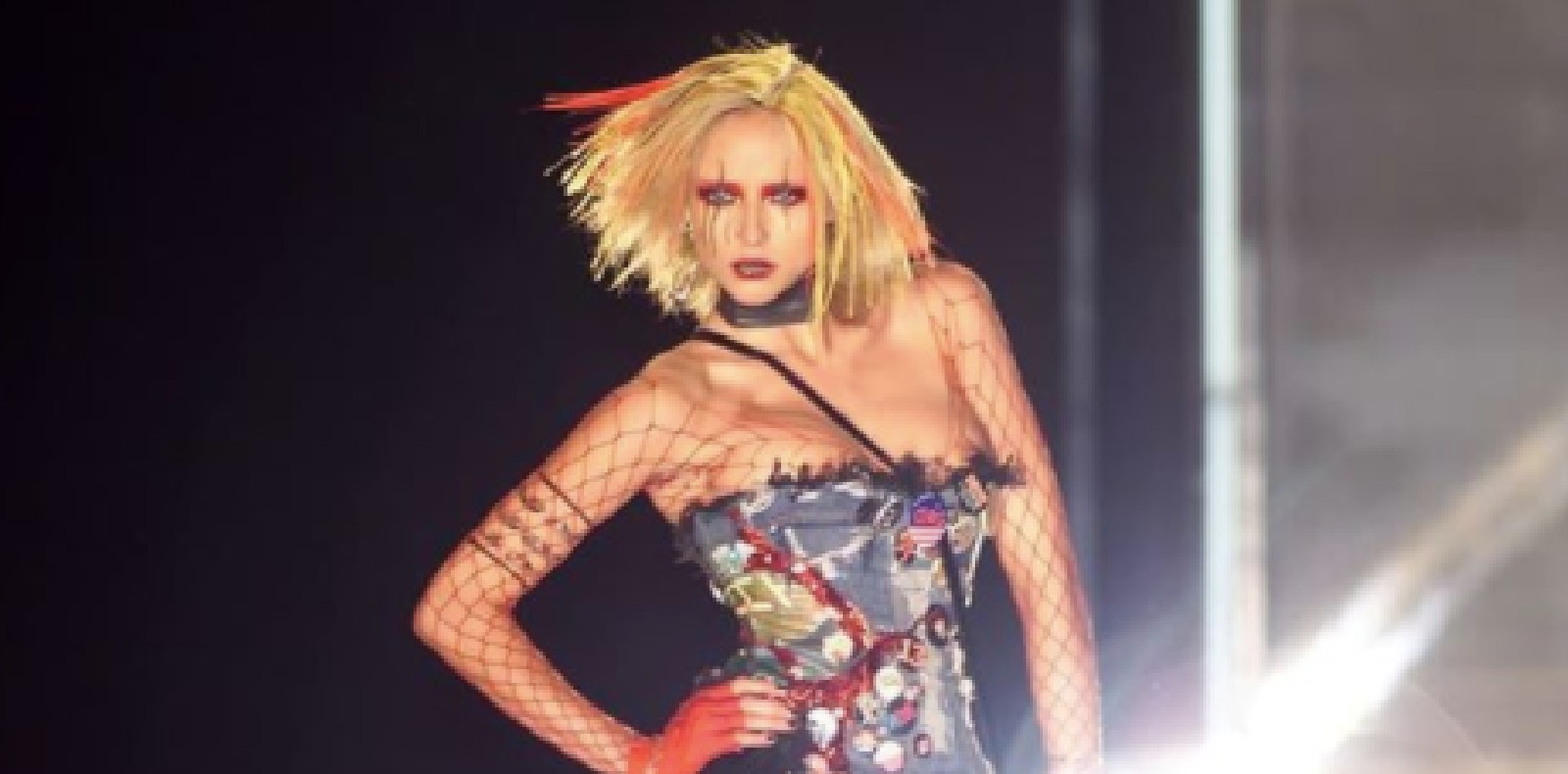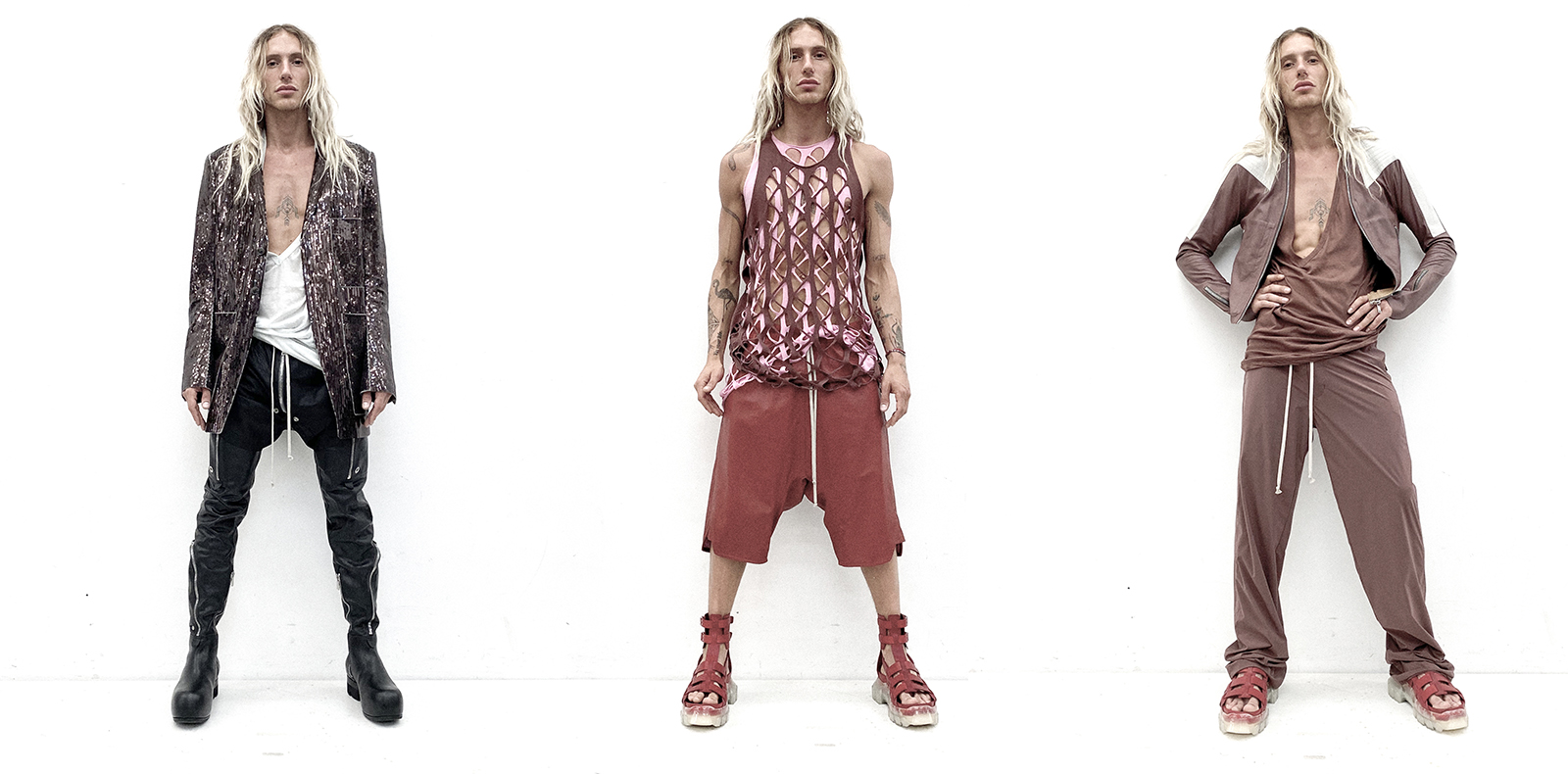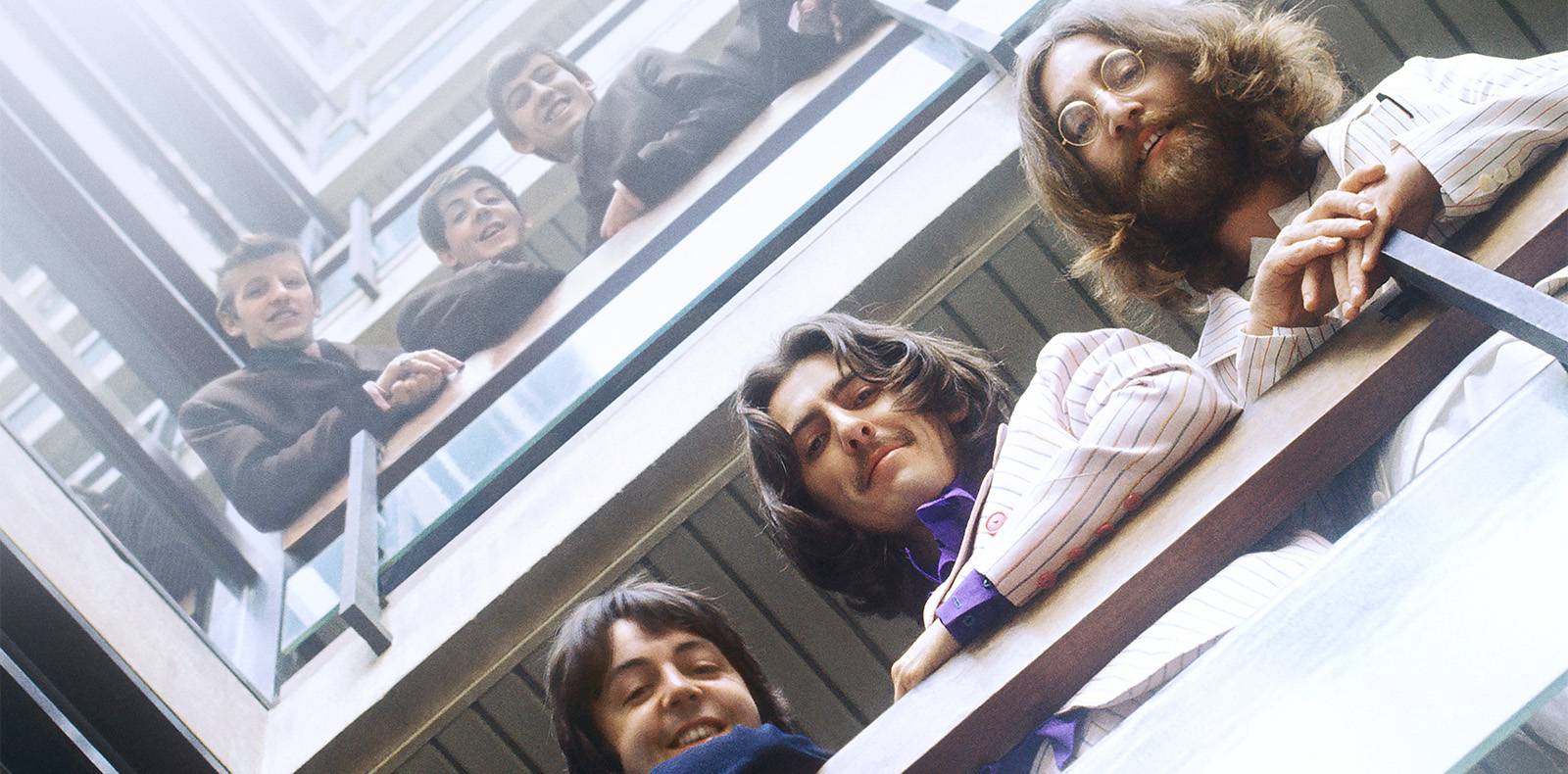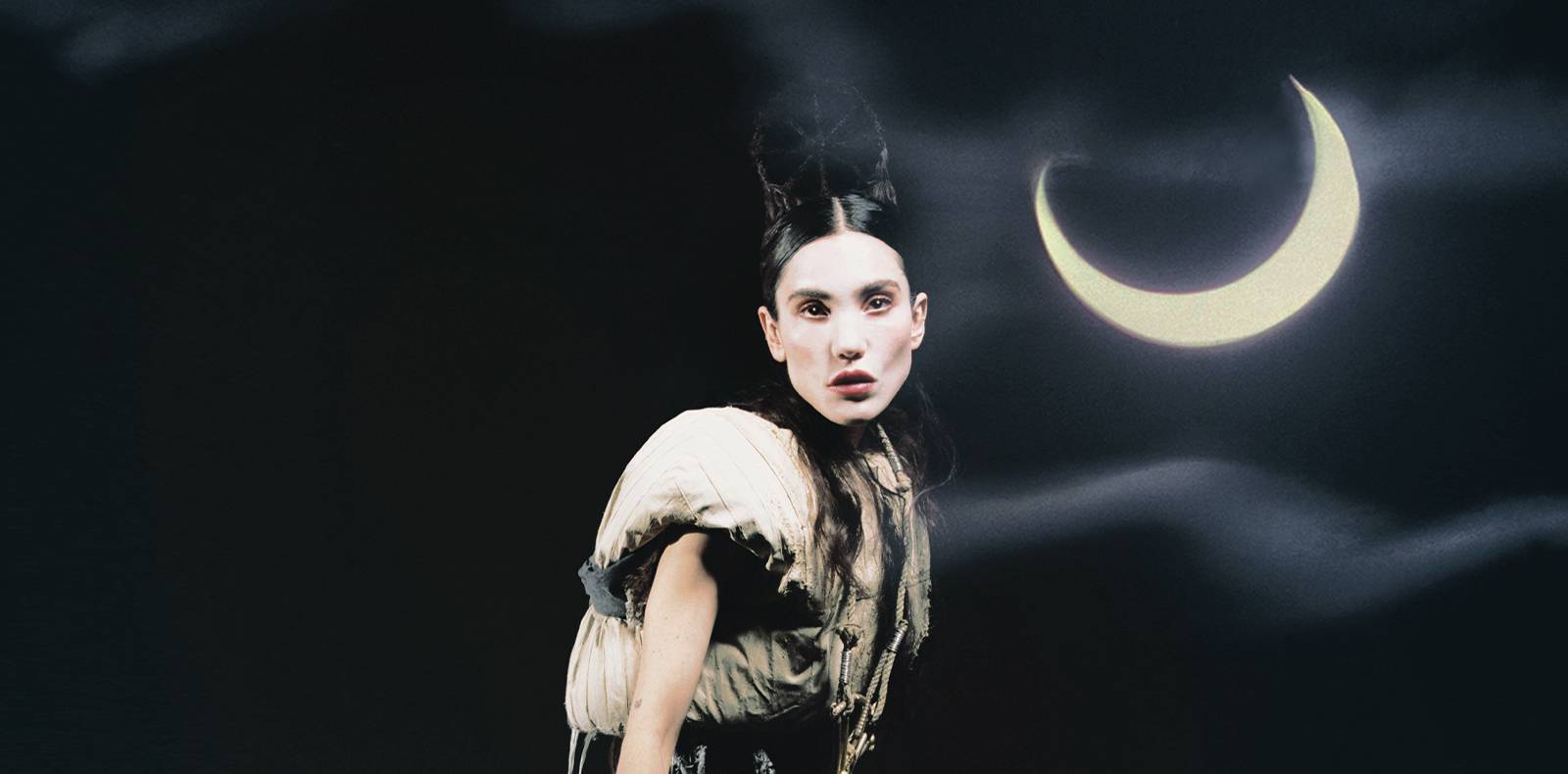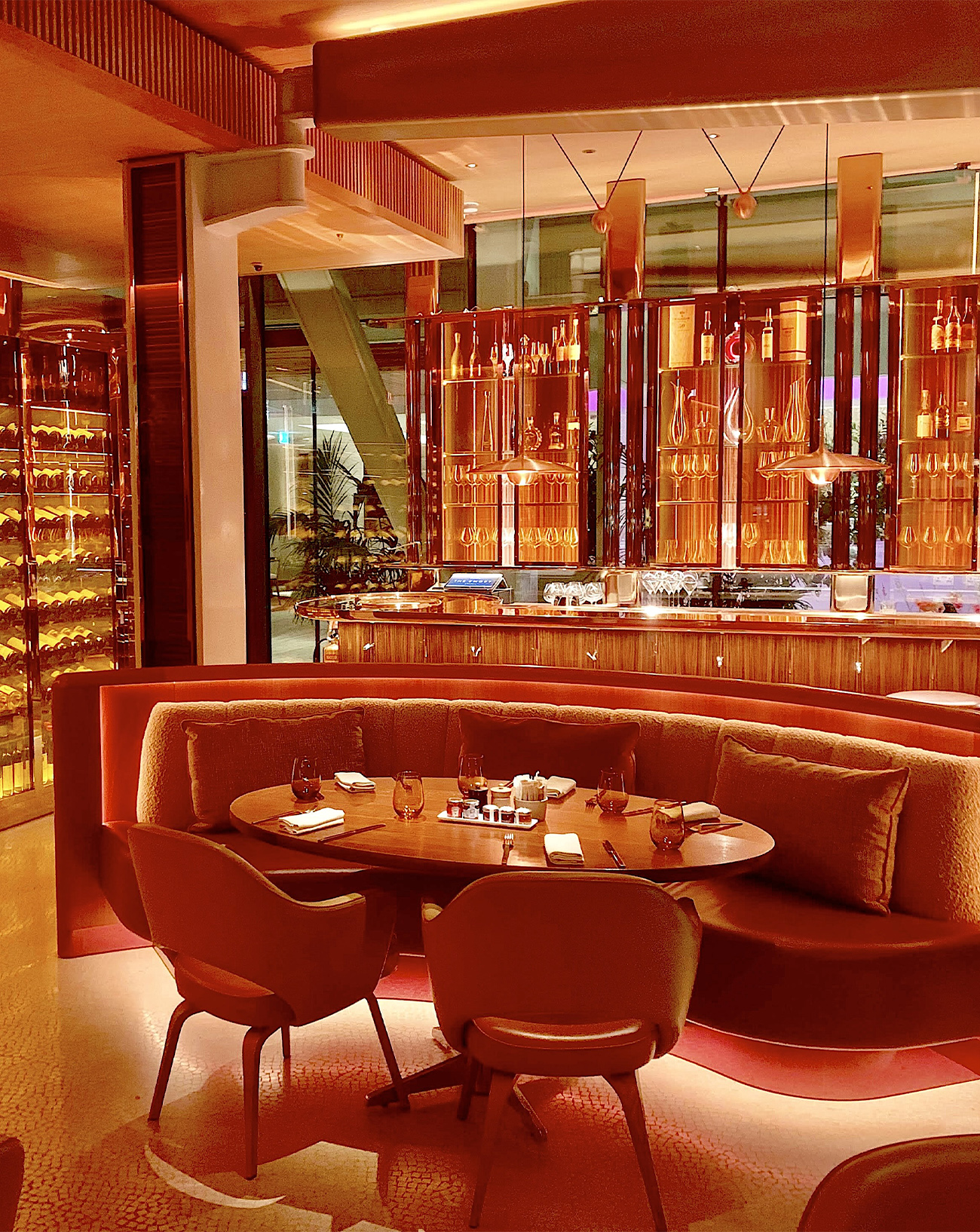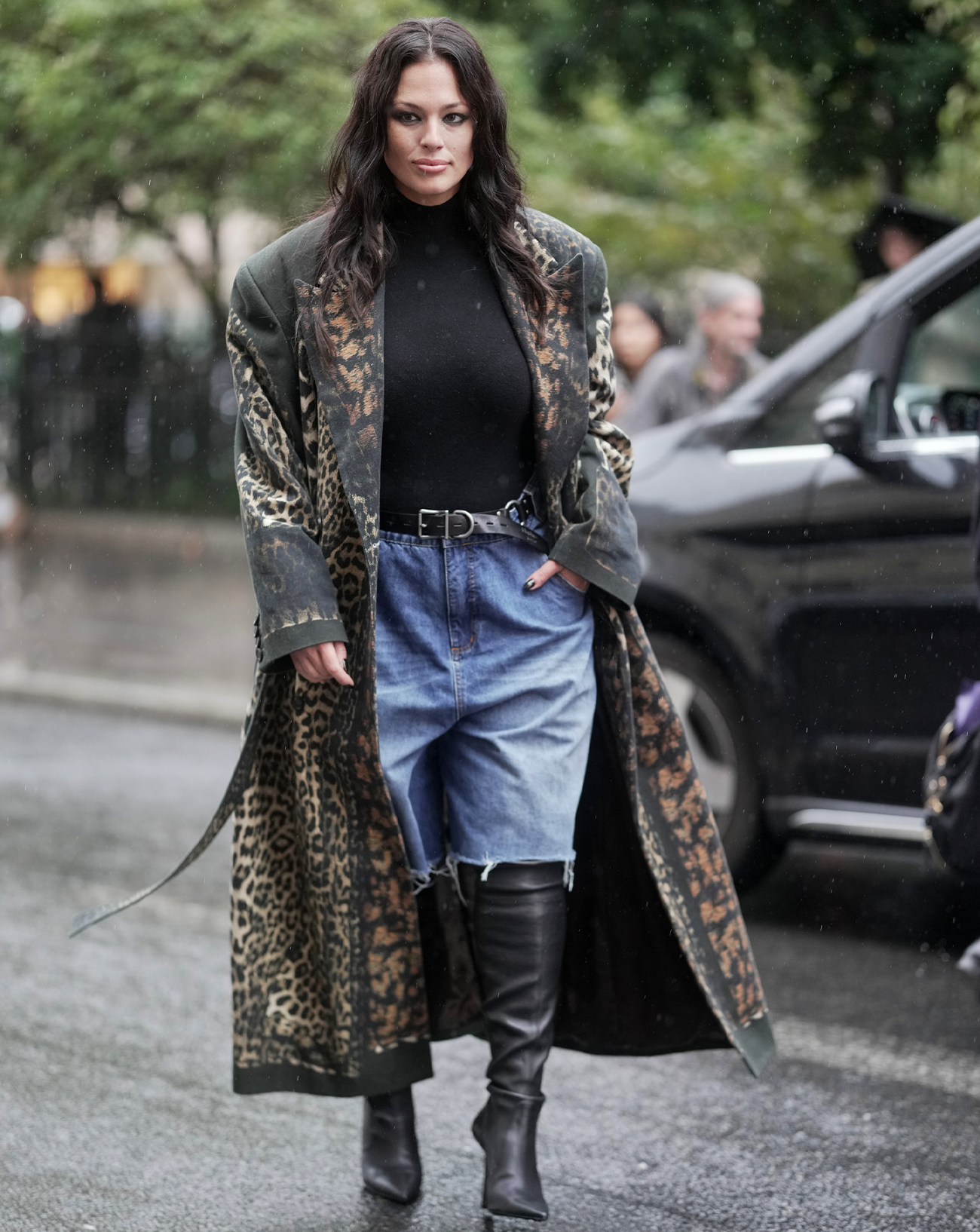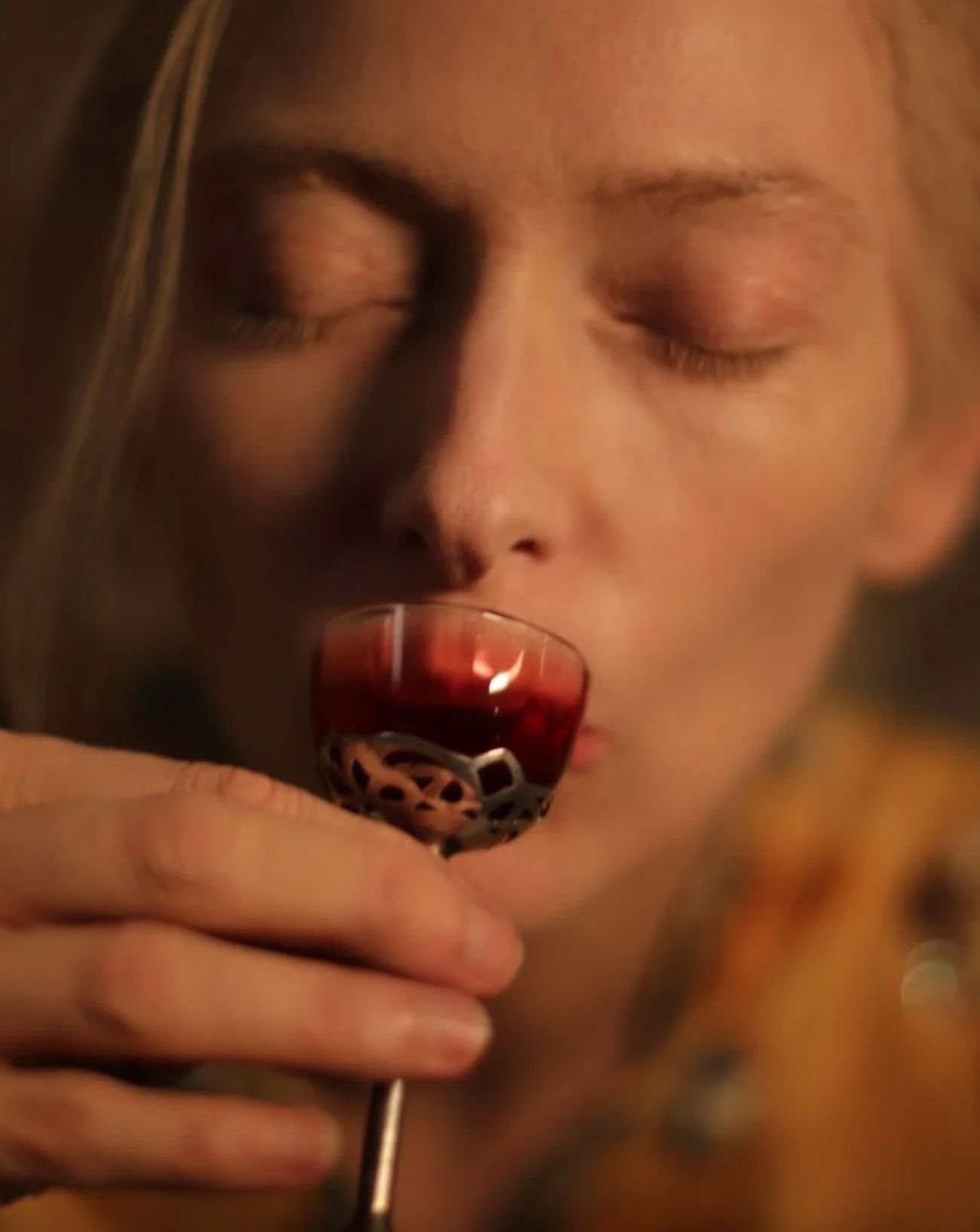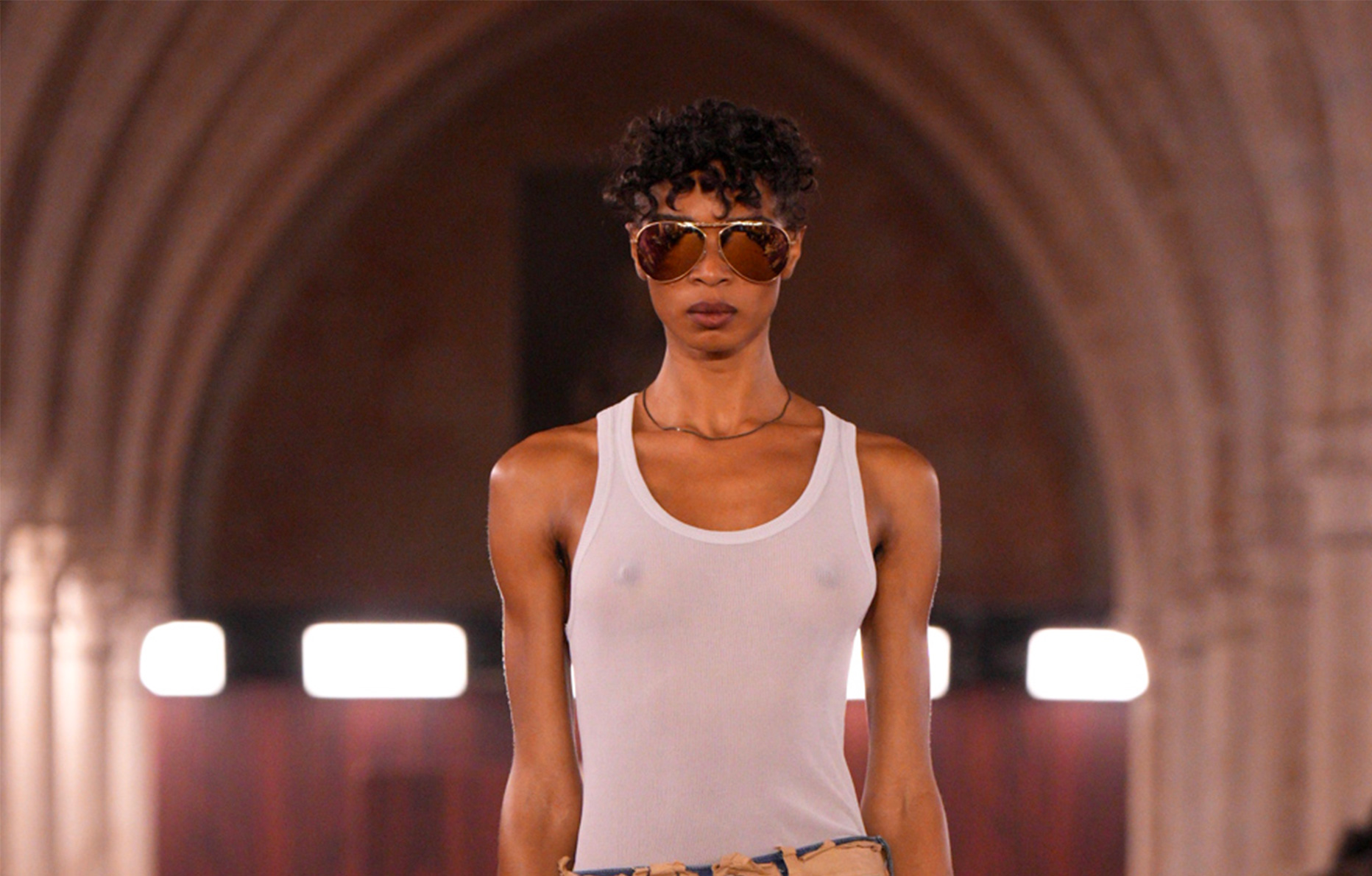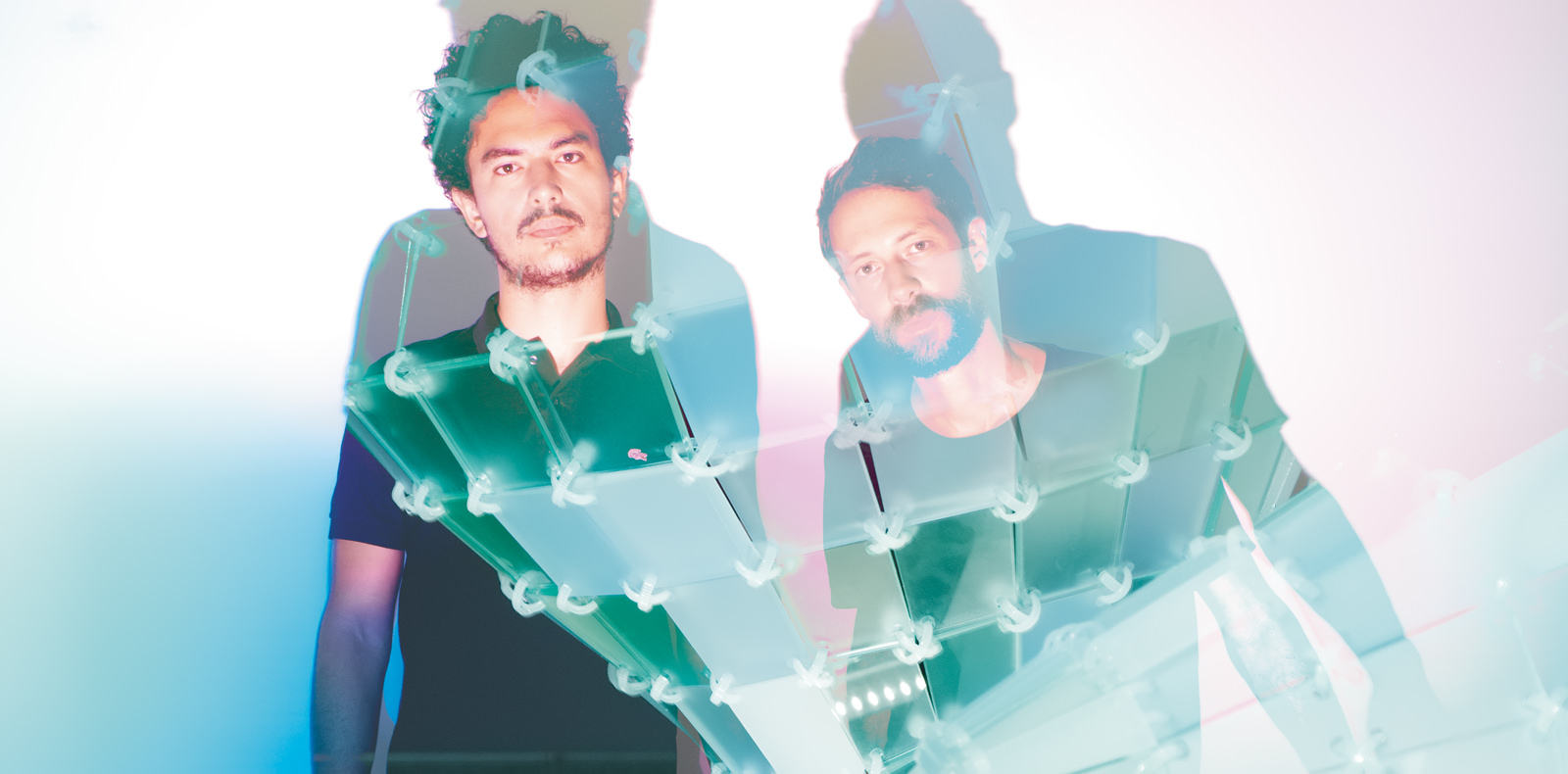
6
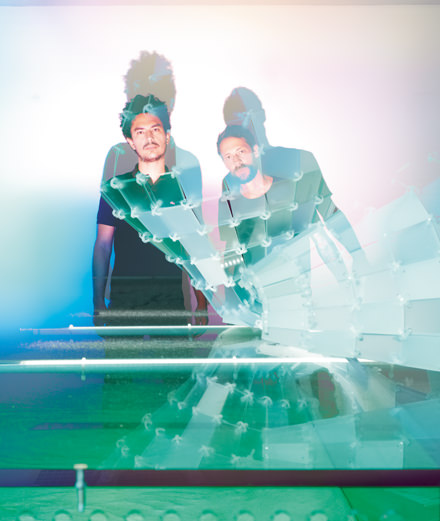
6
Meeting with The Blaze, the duo that shines French electro abroad
After only a few tracks and just a couple of arthouse videos, French twosome The Blaze are being touted as the next big thing on the electro scene. Ahead of the release of their first album, the haunting Dancehall, cousins Guillaume and Jonathan, a generally shy and discreet duo, agreed to discuss their work with Numéro.
Interview by Violaine Schütz,
Portrait Andrey Zouari.
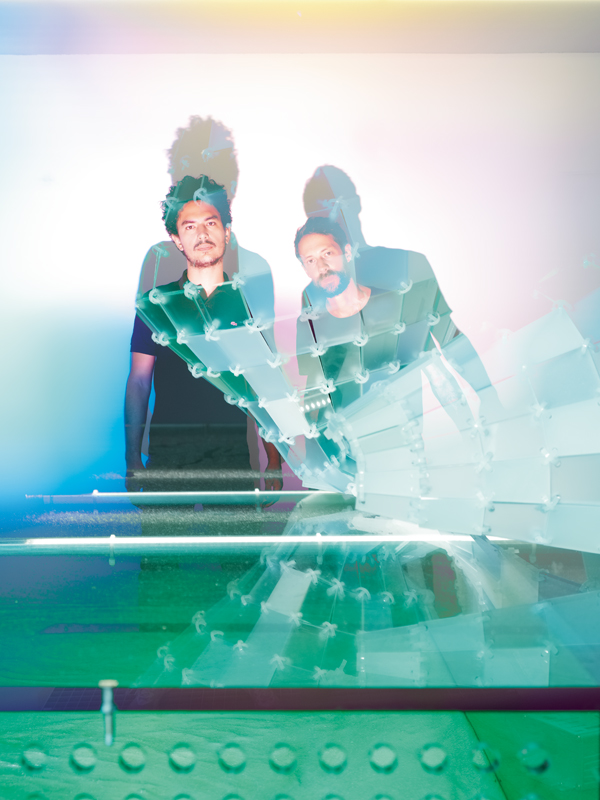
In was in April 2017, a few months before the Weinstein affair. The whole world was going nuts about a mysterious French group who had only brought out one electro-house EP that echoed with haunting Auto-Tune voices. In just two invigorating videos and tracks, The Blaze had succeeded in showing a different vision of a masculinity that was both strong and fragile, and more addictive than toxic. First of all there was Virile, in 2016, a vibrant ode to friendship, with a video in which two boys in tracksuits danced, embraced and smoked joints in a Parisian council estate. A year later, there came another aesthetic shock, Territory, depicting a young man’s return home to his friends and family, with undressed male bodies running on the beach under the Algiers sun or going into a state of trance on a rooftop, lulled by the dawn. It’s a tender apology for virility, but also for diversity, which, long after you’ve watched it, still hypnotizes by its beauty. Moonlight director Barry Jenkins tweeted “this @TheBlaze_ Prod self-directed vid is THE best piece of art I’ve seen in 2017 HOT DAMN!”, while the duo were clocking up millions of views and appearing on stage at Coachella.
With respect to their hypnotic videos, Guillaume Alric, one half of the duo, explains, “We wanted to erase all borders, to show youths who are sometimes considered marginal by society, as well as to think about masculinity and the share of femininity it contains. In the video for Virile, you don’t know if the two boys are gay or just friends, while in Territory, the fact of undressing men on a beach with sensitivity – rather than women, which has already been done countless times – seemed totally normal to us. We were born like that. Our mates go around like that.”
The visual virtuosity of The Blaze’s artistic world is rooted in their DNA, their family history. For over ten years, Guillaume, now 35, flitted about as a music producer, working particularly in dub. His cousin, the Franco-Peruvian Jonathan, now 28, who was at film school in Brussels, suggested they make a video together. Their complementarity gave birth to The Blaze, which took off in 2015, before the duo finally moved to Paris where they’ve established their studio. Fans of the films Going Places and Amores perros, children of YouTube and contemporaries of PNL, Guillaume and Jonathan place images on the same level as music in a desire to put art before everything. “Our music and our videos say it all, we use them to express our emotions. And actually we’re both rather shy – that’s why we don’t appear very often,” confides Jonathan. “On stage we’re bathed in light which turns us into silhouettes. We can’t be seen, even when we do a few dance steps. The most important thing is what we do, not who we are.”
“Youth also inspires us a lot. Youth is beautiful, diverse, strong, free… It’s youth that will change the world.”
It’s an attitude that’s reminiscent of Daft Punk, another French duo who put sound and image before ego, even if, despite the machine-filtered voices and expanses of synthesizers, The Blaze boys are nothing like robots. “We try to bring poetry to each of our tracks,” explains Guillaume, “as well as creating an electro sound that can give birth to images. We want to reach a sort of hovering nostalgia but with more dance at the same time. The title of our album, Dancehall, superimposed on a council block on our disc cover is a way of saying that the dance floor can be anywhere and everywhere, even in the entrance hall of a block of flats! We like the architecture of council estates, but most of all the people who live in them. It’s the contrast between concrete and humanity that interests us.”
Love, friendship and family come back time and again in their conversation. “They’re not concepts or messages,” explains Jonathan, “just feelings we have. We talk a lot about family simply because it’s important for us and because, more than shared musical influences, it’s the memories of summers spent together that link us. We’re a bit crazy and sensitive, we love life, and it’s what comes naturally when we write. Youth also inspires us a lot. Youth is beautiful, diverse, strong, free… It’s youth that will change the world.”
The Blaze, Dancehall (Animal 63/Believe), out now.






